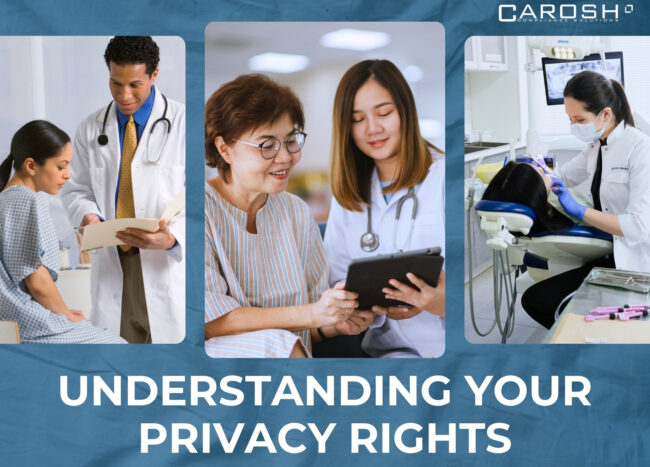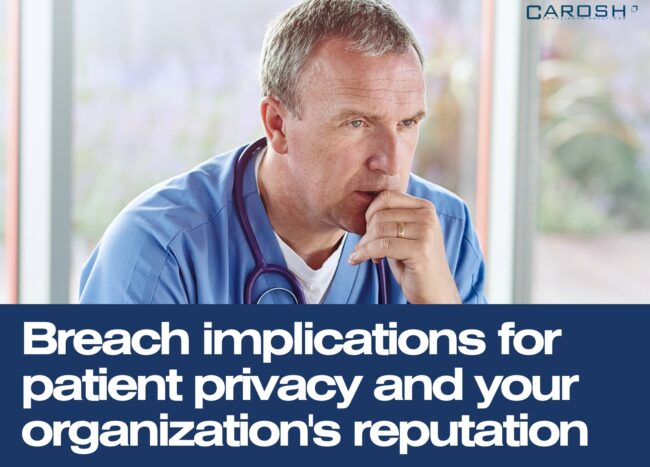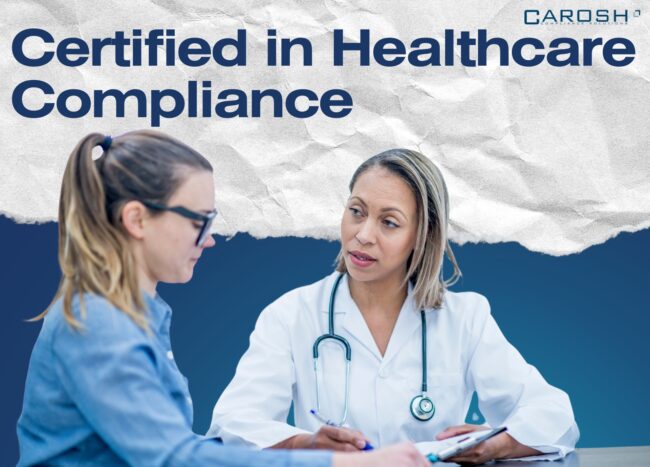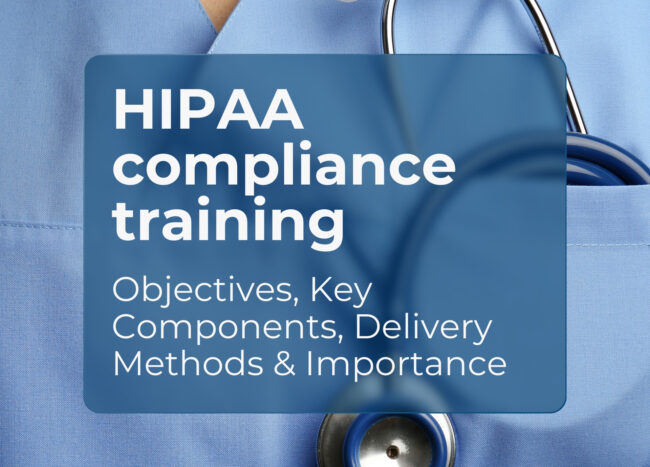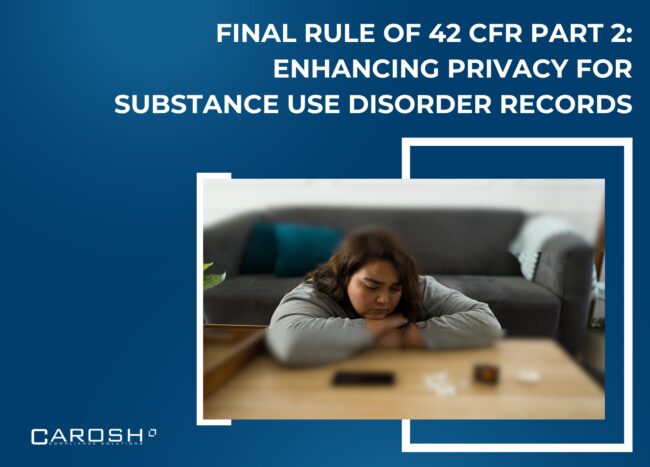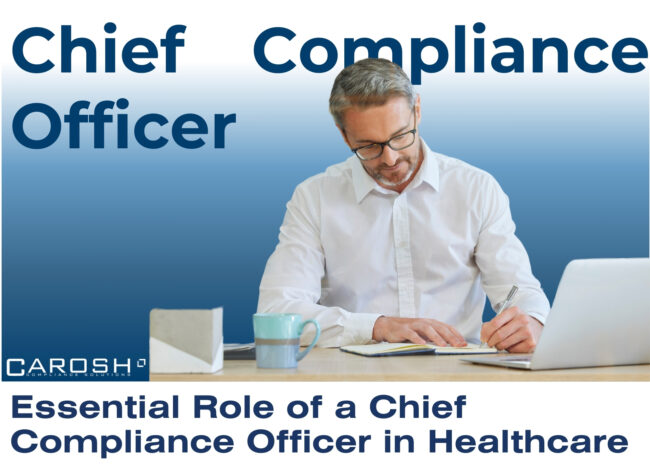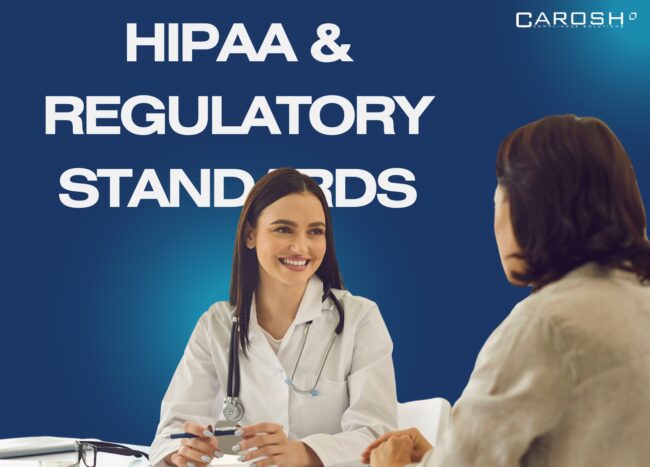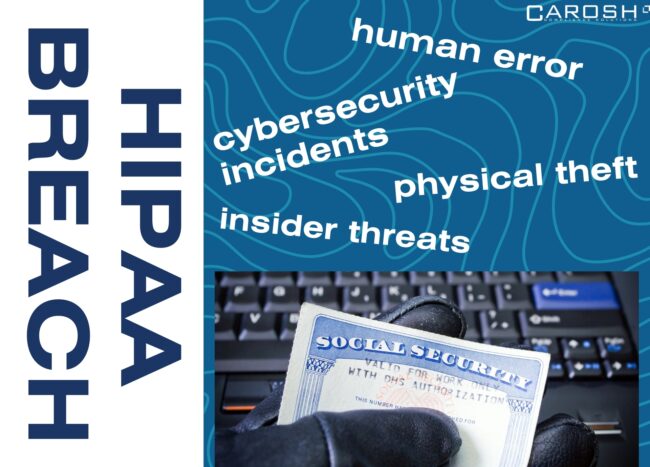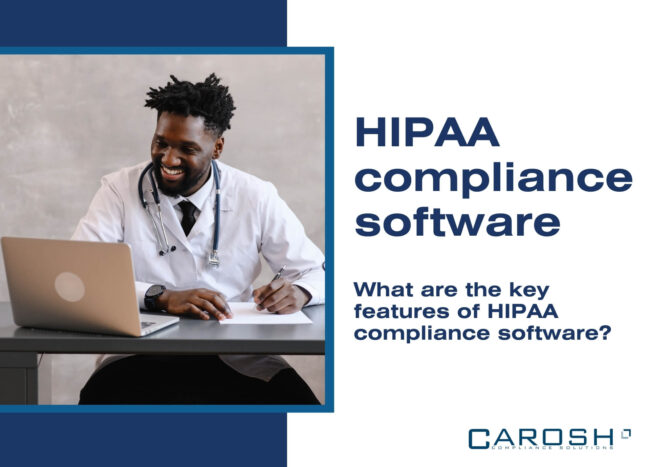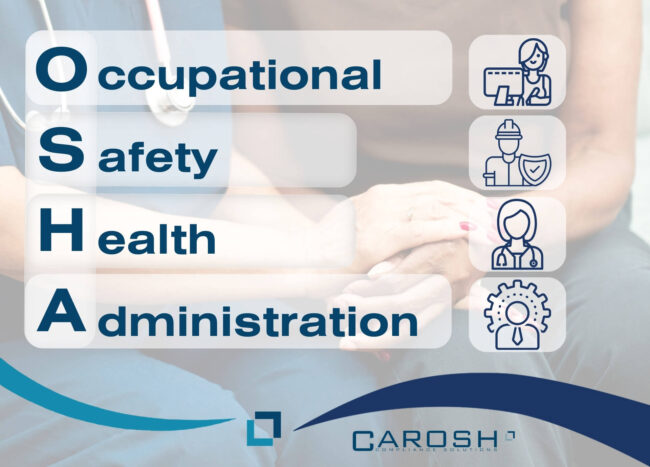Roger Shindell is CEO of Carosh Compliance Solutions. Shindell currently Chair of HIMSS Privacy and Security Committee’s Risk Assessment Work Group and serves as a Council Member of AHIMA’s Privacy and Security Practice Council. He has more than 30 years of multidisciplinary experience and has served as an advisor and principal in healthcare, technology, and service companies.
In the realm of healthcare, protecting patient privacy is paramount. The Health Insurance Portability and Accountability Act (HIPAA) of 1996 introduced the Notice of Privacy Practices (NPP), a pivotal document designed to safeguard Protected Health Information (PHI). This guide delves into the essence of the NPP, elucidating its purpose, content, and the obligations it places on healthcare providers and patients alike. Whether you’re a patient seeking to understand your privacy rights or a healthcare professional aiming for compliance, this comprehensive overview sheds light on aspects of the NPP under HIPAA.
In today’s digitally-driven healthcare environment, the protection of Protected Health Information (PHI) is more crucial than ever. Under the Health Insurance Portability and Accountability Act (HIPAA), a data breach involves any unauthorized access, use, disclosure, or loss of PHI, posing significant risks to patient privacy and the integrity of healthcare services. This comprehensive guide delves into the components of a HIPAA data breach, the requisite steps for notification, and the consequences of such breaches, aiming to equip healthcare professionals with the knowledge to navigate these challenging incidents effectively.
In healthcare’s complex world, protecting patient information is a pledge—a commitment upheld by professionals with healthcare compliance and HIPAA certifications. These certifications signify a thorough understanding and adherence to strict regulations that protect patient privacy and secure health information handling. The path to certification provides individuals with essential tools and knowledge to manage compliance complexities, transforming challenges into opportunities to boost patient trust and healthcare integrity.
In today’s fast-changing healthcare world, protecting Protected Health Information (PHI) is crucial for keeping patient trust and following the law. The Health Insurance Portability and Accountability Act (HIPAA) establishes privacy and security rules. It’s important for everyone in healthcare organizations, not just compliance officers, to understand and follow these rules. HIPAA compliance training plays a key role here. It provides healthcare workers with the necessary knowledge and skills to protect PHI properly. This training helps them deal with the complex requirements of keeping patient information safe.
The Final Rule of 42 CFR Part 2 stands as a significant step forward in securing substance use disorder (SUD) treatment records, setting it apart from the Health Insurance Portability and Accountability Act (HIPAA). This rule focuses on the confidentiality of SUD patient information, aiming to create a safer recovery environment. Historically, Part 2’s strict privacy standards have posed unique compliance challenges for healthcare providers. The latest updates aim to balance patient privacy needs with the growing demands of integrated healthcare delivery, addressing the complexities of modern healthcare while maintaining essential privacy protections for individuals undergoing SUD treatment.
In the complex world of healthcare privacy and security, Chief Compliance Officers play a vital role in maintaining organizational integrity and earning patient trust. They carry the responsibility of ensuring compliance with the Health Insurance Portability and Accountability Act (HIPAA), a key law protecting patient health information. Their duties cover a wide range, including developing policies, managing risks, and guiding healthcare organizations in how they manage sensitive patient data.
The Health Insurance Portability and Accountability Act (HIPAA) establishes a comprehensive framework to protect personal health information in the United States. This guide helps healthcare providers, health plans, healthcare clearinghouses, and their business associates understand their obligations under HIPAA. It addresses conducting risk assessments, implementing safeguards, managing business associate agreements, and keeping up with regulatory changes. Adhering to these regulations is crucial for legal compliance and maintaining patient trust and confidentiality.
In the landscape of healthcare information management, HIPAA breaches represent a significant concern for both healthcare providers and patients. These breaches involve unauthorized access, use, disclosure, or acquisition of Protected Health Information (PHI) that compromises its security or privacy. This comprehensive overview delves into the various aspects of HIPAA breaches, including their nature, causes, reporting and response procedures, consequences, and preventative measures. Understanding the intricacies of HIPAA breaches is crucial for healthcare entities to effectively manage and safeguard patient information, adhere to legal requirements, and maintain the trust of those they serve.
In the complex and ever-evolving landscape of healthcare data protection, HIPAA compliance software emerges as an indispensable tool for healthcare organizations. Navigating HIPAA regulations, which encompass the safeguarding of Protected Health Information (PHI), demands meticulous attention to detail and adherence to stringent standards.
In the realm of healthcare, understanding and adhering to regulatory standards is crucial for ensuring both the safety of healthcare environments and the protection of patient information. This comprehensive overview explores the distinct yet interconnected roles of OSHA certification and HIPAA compliance within healthcare settings.
